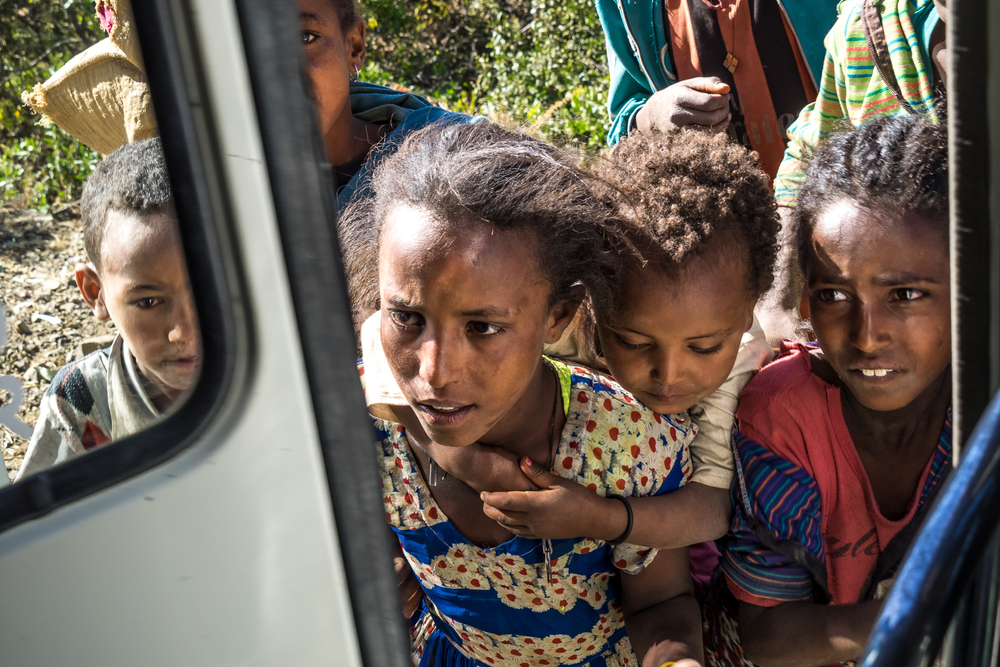It has been four months since the U.N.’s World Food Programme (WFP) and the U.S.’s leading aid agency halted food aid to Tigray amid an internal investigation into the theft of food meant for hungry people.
A subsequent investigation by Tigrayan authorities found that almost 500 people were involved in the theft. However, at least 1,400 people have starved to death since the suspension.
At the time, aid workers told The Associated Press that senior Ethiopian government officials were implicated in the food thefts. Sadly, the U.S. says it will only reinstate food aid once they are removed from the aid distribution process and more vigorous checks are introduced.
Ethiopia’s denied the allegations, dismissing them as “propaganda.”
The conflict in Tigray, which began in 2020, ended last November after the Ethiopian government and the Tigray People’s Liberation Front (TPLF) signed a peace deal brokered by the African Union (AU)—but the path to peace has not been an easy one.
In January, Ethiopia’s government admitted to firing on a United Nations team visiting refugees in the embattled Tigray region. Despite taking responsibility for firing at the U.N. staffers, a spokesperson says the workers in the town of Shire ignored instructions and drove through government checkpoints.
“They broke two checkpoints to drive hastily to areas where they were not supposed to go, that they were told not to go,” Ethiopian government spokesman Redwan Hussein told reporters. “They were left alone when (and) they broke two checkpoints, and when they were about to break the third one, they were shot at and detained. Now, of course they are free.”
In 2019, Abiy won the Nobel Peace Prize after making peace with neighboring Eritrea, ending one of the continent’s longest-running conflicts.
At the time, the Norwegian Nobel Committee, which awards the prestigious prize, condemned the prize-winner’s efforts.
“As prime minister and winner of the Nobel Peace Prize, Abiy Ahmed has a special responsibility to end the conflict and contribute to peace,” the committee said in a statement. “The humanitarian situation is very serious, and it is not acceptable that humanitarian aid does not emerge to a sufficient degree.”








